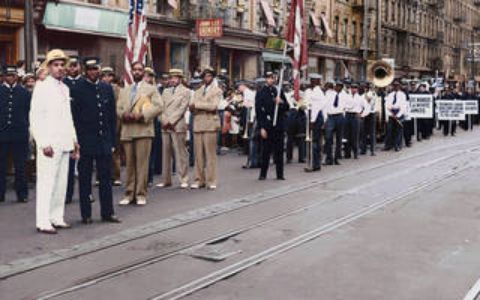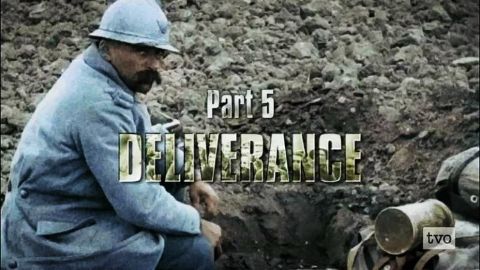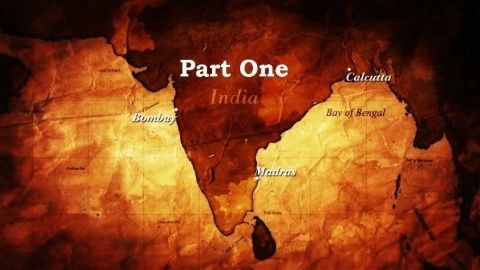Murder in the Roman Empire • 2011
An ancient murder mystery plays out like an episode of C.S.I. When human bones are found hidden under the floor of an old army barracks, a homicide detective is called in to examine the evidence. Preliminary observations indicate the victim may have been bound and killed with blunt force trauma to the skull. The culprit must be found and brought to justice. But there is one key problem: The victim died nearly 1,800 years ago. British investigators discover bones hidden under the floor of an old army barracks near the Scotland border. Solving the mystery of who murdered a 10-year old child in 213 AD, Murder in the Roman Empire delves into the life of an ancient Roman garrison using forensics, archaeology, and criminal investigation. Could an individual soldier have taken advantage of deserted barracks to hide his crime? Or was there collusion among a group of soldiers?
Make a donation
Buy a brother a hot coffee? Or a cold beer?
Hope you're finding these documentaries fascinating and eye-opening. It's just me, working hard behind the scenes to bring you this enriching content.
Running and maintaining a website like this takes time and resources. That's why I'm reaching out to you. If you appreciate what I do and would like to support my efforts, would you consider "buying me a coffee"?
Donation addresses
BTC: bc1q8ldskxh4x9qnddhcrgcun8rtvddeldm2a07r2v
ETH: 0x5CCAAA1afc5c5D814129d99277dDb5A979672116
With your donation through , you can show your appreciation and help me keep this project going. Every contribution, no matter how small, makes a significant impact. It goes directly towards covering server costs.





